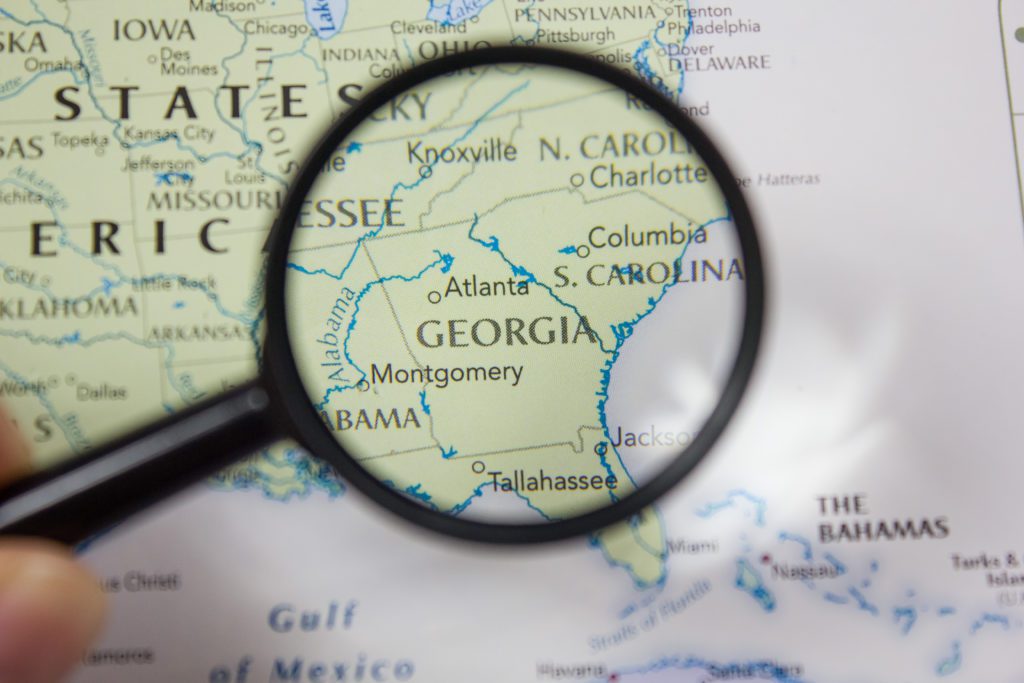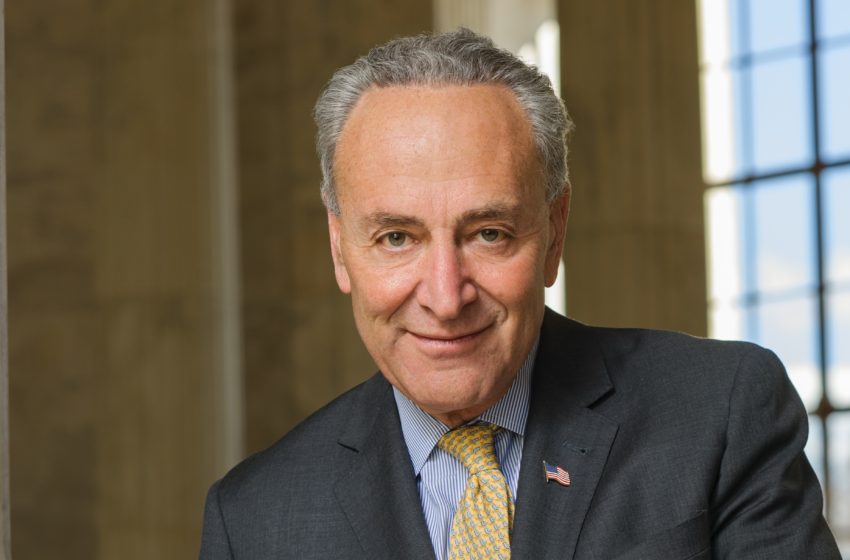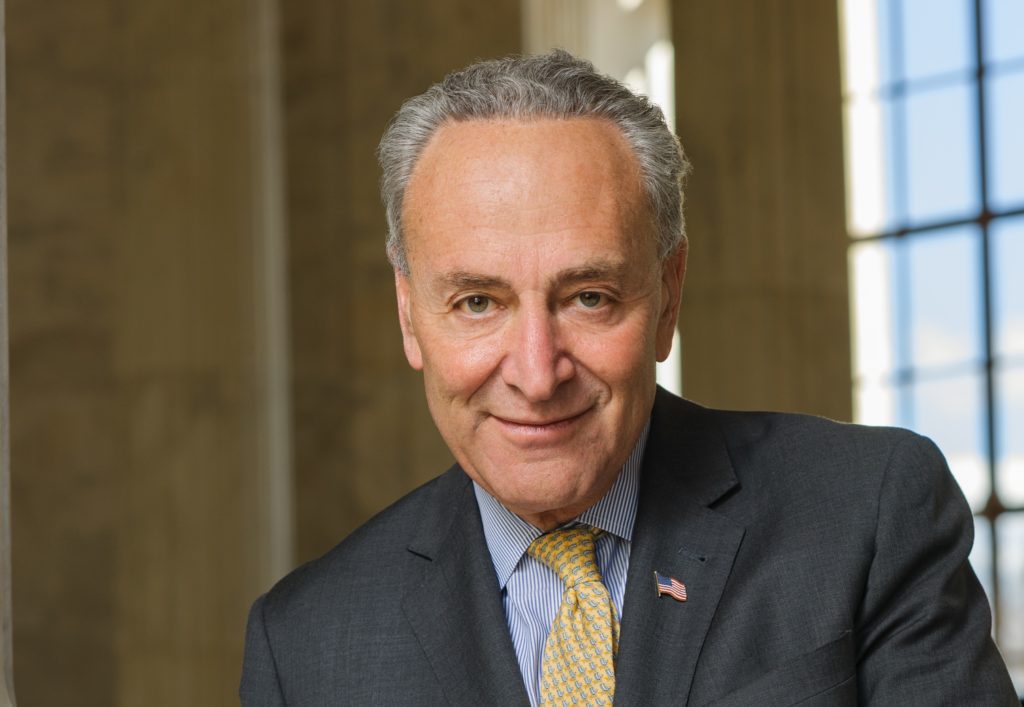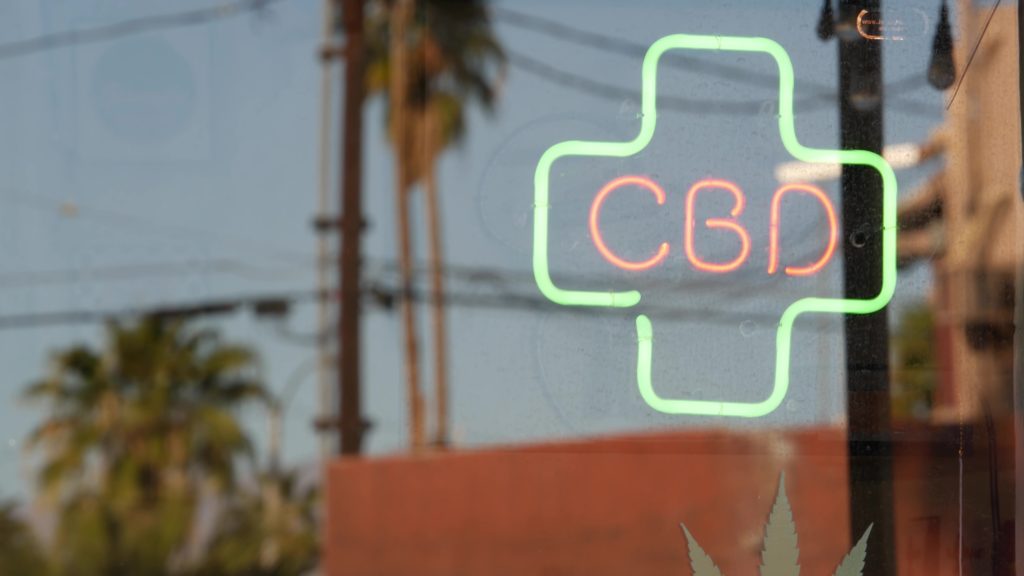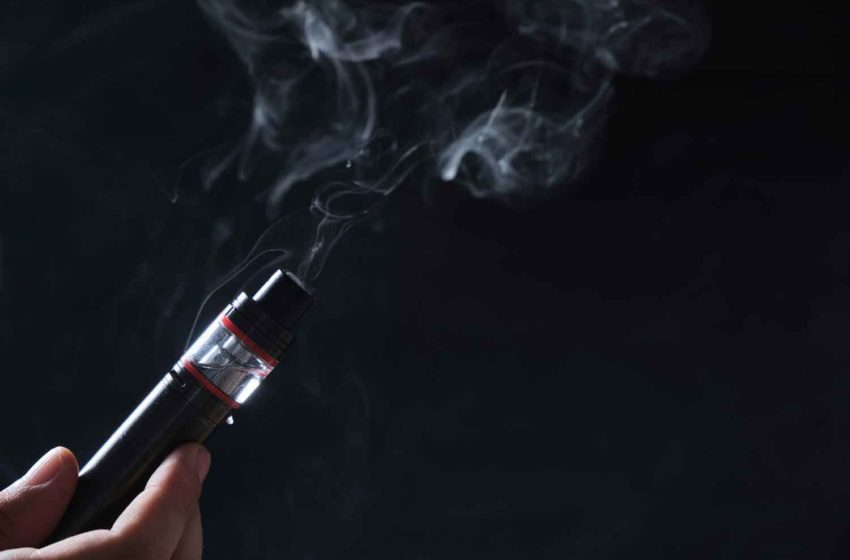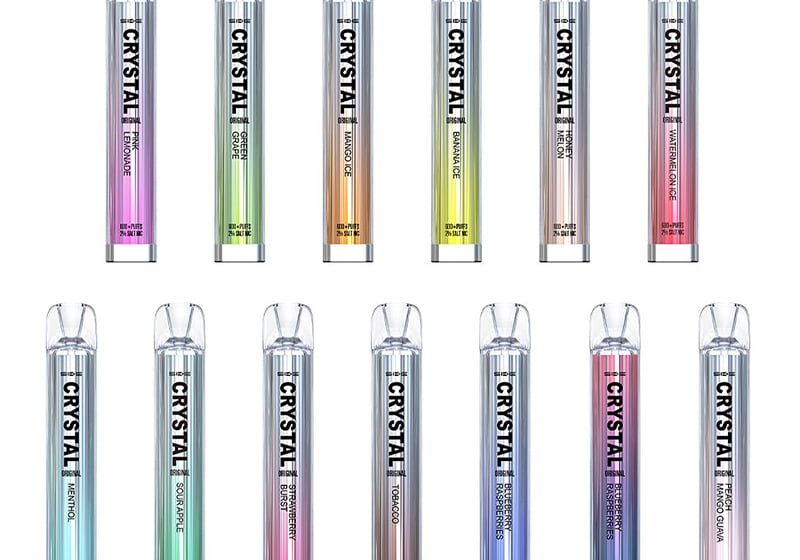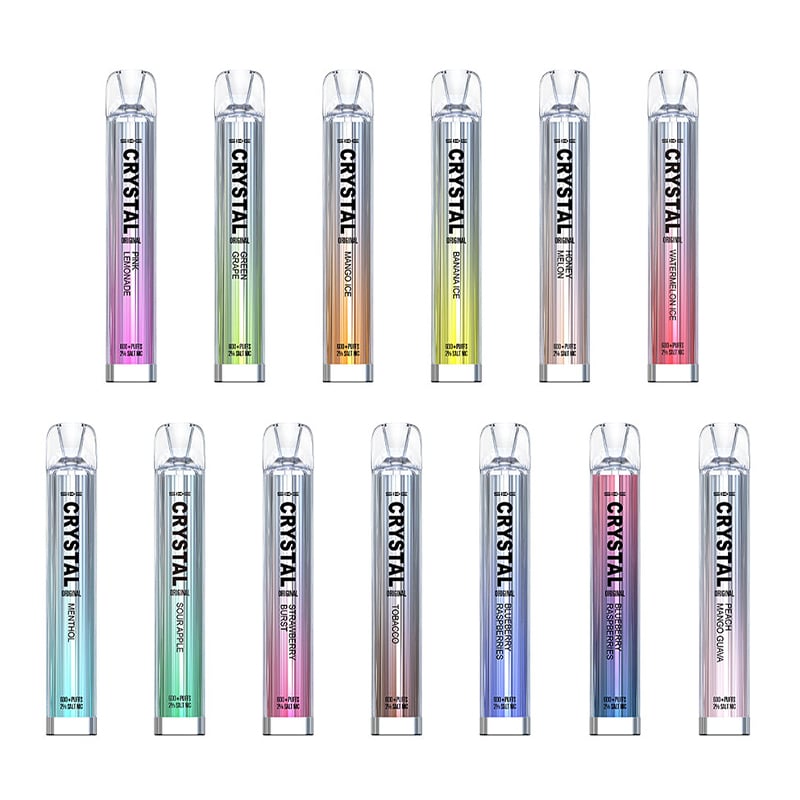
The National Police Agency confirmed to Taiwan News on Thursday that police can now issue on-the-spot fines of up to NT$10,000 ($330) to those caught vaping after Taiwan’s legislature passed amendments to Taiwan’s Tobacco Hazards Prevention Act on Wednesday.
E-cigarette users can either be fined on the spot, or photo and video evidence can be used by the government to send the fines to violators’ registered addresses, similar to fines currently issued for smoking in non-smoking areas, jaywalking, and other minor offenses.
The fine for vaping is now the same as for smoking in areas designated as non-smoking, between NT$2000 and NT$10,000.
The amendments passed on Wednesday also increase the legal age for purchasing cigarettes from 18 to 20, and prohibits the sale of e-cigarettes and heated tobacco products. Importers, manufacturers, and sellers can now be fined up to NT$50 million.





